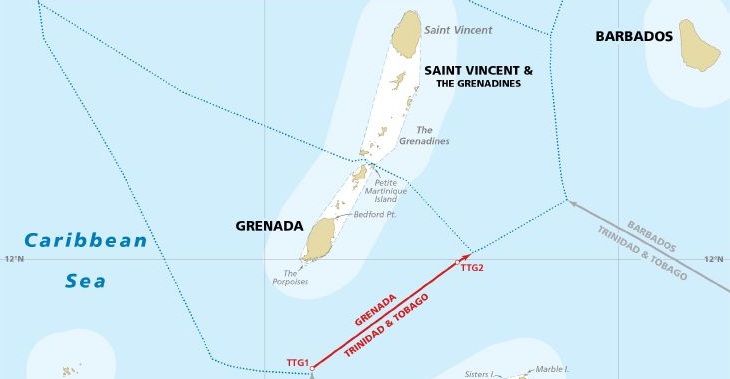Grenada is taking proactive steps to resolve long-standing maritime boundary uncertainties with St Vincent. Nazim Burke, chairman of Grenada’s oil and gas Technical Working Group (TWG), recently shared an update that could reshape regional maritime interactions.
“We’ve been living with undefined boundaries for far too long,” Burke explained during a recent town hall meeting, his voice carrying a mix of determination and pragmatism.
The government’s proposal is straightforward yet strategic: establish a tri-lateral joint commission involving Grenada, Venezuela, and St. Vincent and the Grenadines to definitively map out there maritime borders.
Prime Minister Dickon Mitchell has already set the wheels in motion, personally submitting a comprehensive proposal to the leaders of both countries. The plan? A balanced commission of ten members – three representatives from each nation, with an independent chairman to guide the delicate process of boundary demarcation.
Why does this matter? Burke was crystal clear: “You can’t lease land or maritime spaces when you’re uncertain about where your boundaries actually lie.” It’s a practical challenge that goes beyond mere bureaucratic paperwork – it’s about economic potential, resource management, and national sovereignty.
As Burke noted, this is more than just a technical exercise – it’s about creating a clear, fair framework for regional interaction. The proposed commission represents a diplomatic approach that prioritizes dialogue, mutual understanding, and collaborative problem-solving.
This isn’t Grenada’s first rodeo in maritime boundary negotiations. The country successfully completed a similar process with Trinidad and Tobago back in 2012.





